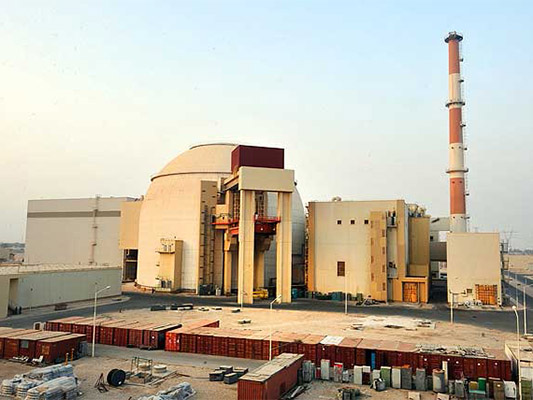Amir Khojasteh, a senior Iranian parliamentarian, says reports prepared by the International Atomic Energy Agency (IAEA) show Iran’s compliance with its obligations under the nuclear agreement it signed with six world powers, known the Joint Comprehensive Plan of Action (JCPOA).
“One has to admit the only authority to deal with nuclear issues, especially those related to the JCPOA, is the IAEA; so, opinions expressed by different countries such as the United States on the deal are not acceptable,” ICANA quoted him as saying in a Farsi report.
He said IAEA Director General Yukiya Amano should not be swayed by pressure from US statesmen when drawing up his report on the performance of signatories to the JCPOA.
“If the authority tasked with dealing with nuclear issues turns into a forum for the US and other countries to impose their policies, then there will be no trust for international cooperation,” said the MP.
The lawmaker then touched upon the violation of some of the provisions of the JCPOA by the West.
“Unfortunately, some of the terms of the JCPOA have been violated by the West, which shows the other parties to the deal are not living up to their commitments under the agreement; therefore, it shows supervisory bodies dealing with the JCPOA should discharge their responsibilities based on the deal and not allow our country’s rights to be violated,” he said.
He then referred to some viewpoints about the significance of the permanence of the restrictions for Iran under the nuclear deal.
“In the text of the JCPOA, some provisional restrictions are stipulated for Iran, which should be lifted gradually and based on the provisions of the agreement; so, there are no permanent restrictions for Iran,” he highlighted.
The MP said one of the plans pursued by US lawmakers is to make JCPOA restrictions for Iran permanent.
“It should be noted that making the restrictions permanent will make our country’s nuclear cycle incomplete, so we won’t be able to properly deal with issues such as enrichment, the production of centrifuges, etc.” he said.
